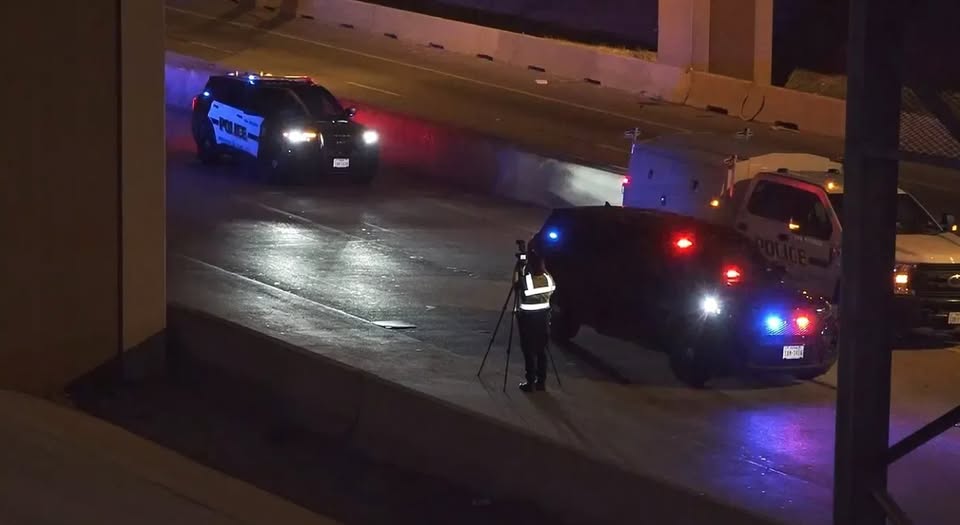A Community Wakes to Heartbreak
Central City, New Orleans—once alive with the rhythm of early morning—was broken by the sound of gunfire in what became a devastating double shooting. Just after midnight on August 10, two women were found wounded in the 2200 block of Magnolia Street. For one, the night ended in permanent silence. For the other, a terrifying ride to the hospital. Though details remain scarce, the emotional impact on neighbors and the wider community is immediate and profound. In a city accustomed to resilience, this tragedy cuts too close and too deep.
Faces Beyond the Headlines
Behind the headlines and official notices are real lives disrupted—families waking to a nightmare of grief and confusion. One woman’s life ended abruptly under the harsh glow of streetlights; for the other, her body bears the scars of violence while her spirit fights to heal. Neighbors describe a fragile balance between fear and sorrow, their conversations haunted by the question: How can such a thing happen here? As loved ones hold onto hope and gather for answers, the true cost of violence is measured not just in blood but in empty spaces at dining tables, beds left unfilled, and futures painfully rerouted.
A Call for Justice and Healing
Amid the mourning, the community unites not just in grief, but in demand: answers, justice, and change. The New Orleans Police Department is pleading for witnesses or those with information to help unravel what led to this tragedy. Yet the call for justice is also a plea for healing. Central City needs more than condemnation—it needs rebuilding, support, and reminders that compassion outweighs chaos. As investigators work, neighbors comfort each other; at vigils, soft candlelight stands between despair and remembrance. For those lost or injured in Magnolia Street’s darkness, their stories must ignite a brighter, safer dawn.





